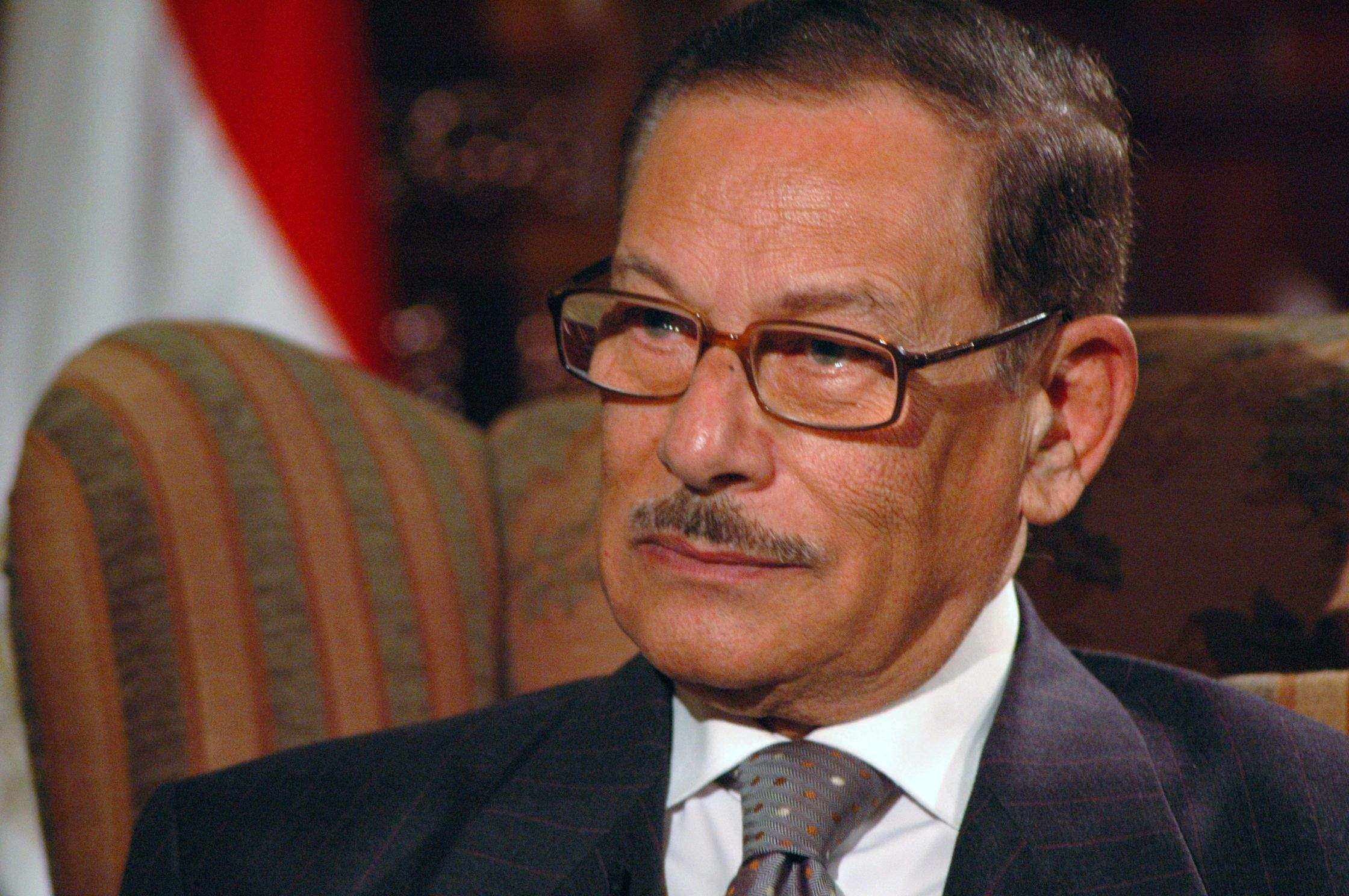NEW YORK: One of the most important men you probably never heard of died last month. Immersed in a bustle of events that no one will remember tomorrow, we tend to pay less attention to people who take on the issues of eternity – philosophers, moralists, sages who try to turn our minds to higher things. Yet, in the long run, it is the latter who matter most, and their importance persists when other preoccupations turn out to be transitory.
Such men and women change the world around them, even if others do not see it until much later.
Leszek Kolakowski was one of these people. He was a world-renowned philosopher, a professor at great universities – Oxford, Yale, Chicago – and someone who was respected and admired by his colleagues around the world. He wrote about Spinoza, the theological controversies of 17th century Holland, and other esoteric subjects.
But Kolakowski was not a “technical philosopher, writing for academic specialists. He was a philosopher in the same sense that Socrates was: a thinker who questioned what others take for granted, and probed human feelings and actions to help us understand how we can better ourselves and lead lives that are morally superior, yet also more fulfilling.
In his magisterial three-volume history, “Main Currents of Marxism, Kolakowski recorded how that political theory developed over time; but he also diagnosed the political, intellectual, and moral predicament of the European continent over the two centuries partly shaped by Marxist beliefs.
In his “Conversations with the Devil, he created an amusing world parallel to traditional Christian “morality tales, and deployed his sense of humor to question the hackneyed verities of religion and its opponents, strip them of their philistine shells, yet defend the true moral meaning underlying the old beliefs.
It was Kolakowski’s fate – a curse, if the Chinese proverb is to be trusted – to “live in interesting times. In his early youth, he witnessed the atrocities of World War II in his native Poland. He came out of the war with an idealistic desire to make the world better through a radical reform of the “rotten world that had allowed the Nazis to flourish. In his naiveté, he joined the Communist party in whose program he saw the hope of change.
But while Kolakowski “traveled with the Communists and supported them for a few years, he was never really a “good comrade because he never allowed himself to stop thinking for himself. He went only as far as he could bring his conscience, and refused to go further. Indeed, he was one of the first so called “revisionists who came to question Stalinist orthodoxy and lead the way to the important changes that shook the Communist world in 1956, when Poland gained for a short while a small but important measure of independence from Kremlin control.
But once he started to question the Marxist dogma, Kolakowski did not stop until he left the movement altogether to become one of its most important critics and opponents. I remember being present, as a young student in Warsaw, at an illegal meeting at the university to commemorate the 10th anniversary of the reform movements of 1956 – the meeting at which Kolakowski severed his last, by then fragile, links with the official world of the Communist Party.
“In 1956, I remember him saying, “we understood that slavery did not lead to freedom, that lies did not help the truth, that oppression did not foster ultimate equality. What he said was simple, but it is hard to underestimate the importance of those simple truths when confronting the convoluted lies of official propaganda. Indeed, with words like these, Kolakowski, with Solzhenitsyn, Sakharov, and other kindred souls, ultimately did as much as the trillions of dollars spent on weapons to speed the demise of the totalitarian Soviet empire.
Kolakowski paid dearly for his free thinking – less than two years after his speech in Warsaw, he was deprived of his teaching position and forced into an exile that would last for over 20 years. From his perch at Oxford, where he became a fellow at All Souls College, he continued to tell inconvenient truths and remained an intellectual and moral presence in his country throughout its struggles against the oppressive regime, a series of workers’ uprisings, the rise of the Solidarity movement, and the final collapse of the regime in 1989.
Kolakowski came back to Poland a number of times in his last years, although he never settled there again. He was an icon among his fellow countrymen – indeed, for his 70th birthday, the largest newspaper in Poland organized a celebration during which they crowned him (with a crown of laurel leaves, of course) . the King of Europe. When he died, the Polish Parliament observed a minute of silence. Poland went into mourning.
But the man himself was never a monument. Indeed, his experience with the “Hegelian bacillus made Kolakowski forever sensitive to all enthusiasms and all-encompassing creeds. He preferred humor to hectoring, gently making fun of those whom he criticized, while always making sure that even the most severe intellectual critique did not deny the humanity of his opponents. Refusing to believe anything unconditionally, he retained that most important characteristic of a truly great man: he never had unconditional faith in himself.
Another quality he shared with Socrates.
Andrzej Rapaczynski, Professor of Law at Columbia University, was a student and friend of Leszek Kolakowski’s for over four decades. This commentary is published by Daily News Egypt in collaboration with Project Syndicate, (www.project-syndicate.org).


